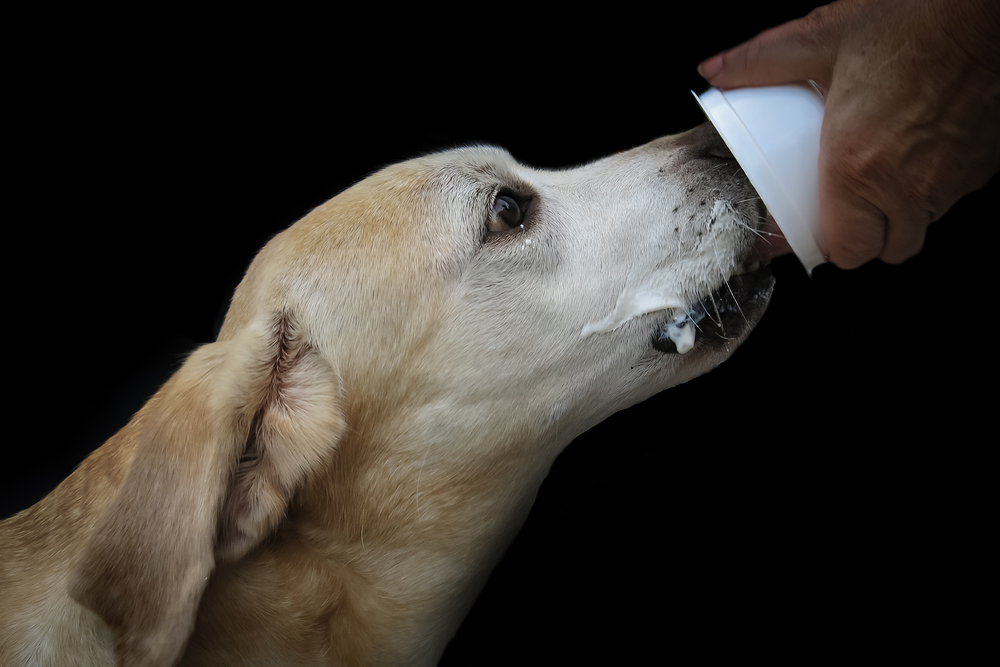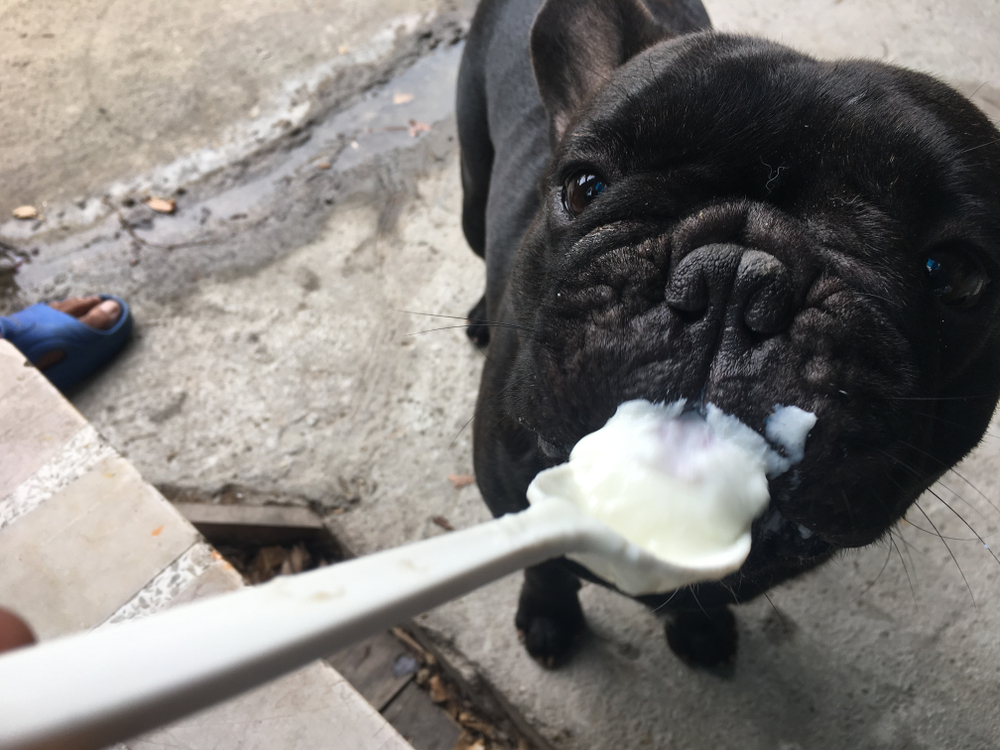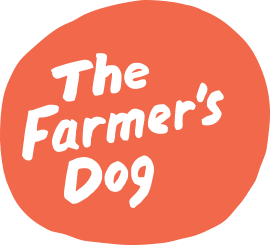Can dogs eat yogurt? The answer is “Yes, but…”
Whether a particular dog should eat a particular yogurt product depends on the type of yogurt in question, and that dog’s tolerance for dairy.
Most dogs can eat unsweetened, plain dairy yogurt—which contains beneficial bacteria and is a good source of calcium and protein. But many yogurts contain ingredients that are dangerous to dogs, so it’s vital to review the label and consult your veterinarian with any questions.
Here’s what to know about feeding yogurt to your dog as part of a healthy diet.
Basic info on yogurt
Yogurt is a fermented dairy product that’s been consumed by humans for thousands of years. Plain yogurt is high in calcium and protein—but some flavored varieties contain added sugar or other sweeteners that can harm dogs.

Is yogurt good for dogs?
Yogurt contains probiotics, which can promote a healthy gut microbiome. The calcium and protein in yogurt can help support dogs’ muscle development, strong bones and teeth, and heart health.
There are anecdotal reports from some vets and pet owners that yogurt has improved dogs’ digestion, but the research on yogurt’s role in digestive health is inconclusive. If you’re worried about your dog’s microbiome, you may also want to ask their vet about probiotic supplements.
On top of its live, active cultures, Greek-style yogurt has more protein than the regular type. It also has lower levels of lactose (milk sugar) than regular yogurt, which may make it easier for some dogs to digest.
Does yogurt pose any risks to dogs?
Plain yogurt is best for dogs. Make sure the yogurt you feed your dog doesn’t contain any sugar or artificial sweeteners. The sugar substitute xylitol is a common ingredient in flavored yogurt, and is highly poisonous to dogs; even a small amount could be deadly.
Also watch out for other added ingredients that can be dangerous to dogs—chocolate, grapes, raisins, and macadamia nuts, for example, are all off-limits. If your dog accidentally eats even a tiny bit of any of those, get them to a vet immediately.
Some dogs have trouble digesting the lactose in dairy products, and may experience gastrointestinal issues such as vomiting or diarrhea after eating them. Obviously, only feed even plain yogurt to your dog if they’re tolerating it well.
In addition, yogurt can be high in fat and calories—which is one reason not to feed your dog too much.

How much yogurt can a dog eat?
In total, treats and other extras should never make up more than 10% of a dog’s diet; most of what they eat should be their complete and balanced food. 10% of a dog’s daily calories is not much. For a small dog, like a Yorkie or a Maltese, it could be something like 15–20 calories—which would be around one tablespoon of plain Greek yogurt per day if they didn’t receive any other treats.
Yogurt can enhance the flavor and texture of your dog’s meal. When using it as a meal topper, try a small amount to start and see how they react. Of course, what constitutes a small amount will vary depending on the size of your dog—some small dogs won’t be able to have any more than a spoonful per day, whereas a large dog might be able to eat 100 calories’ worth. Ask your vet for a specific recommendation.
If your dog does end up liking yogurt, you can also use it to make healthy treats with other dog-friendly ingredients—for example, puree a little with some blueberries for a doggie smoothie. In the summer, you can pop it into the freezer to make it extra refreshing.
Remember that yogurt should always be served in limited quantities, particularly if your dog is overweight (the 10% rule still applies, but is even more critical as you strive to get your dog into an ideal body condition). Limit the serving size to no more than a tablespoon—or, if you have a large dog, maybe two. And, if your dog doesn’t seem to tolerate yogurt, stop serving it; ask your vet to recommend a treat that’s a better fit for them.









